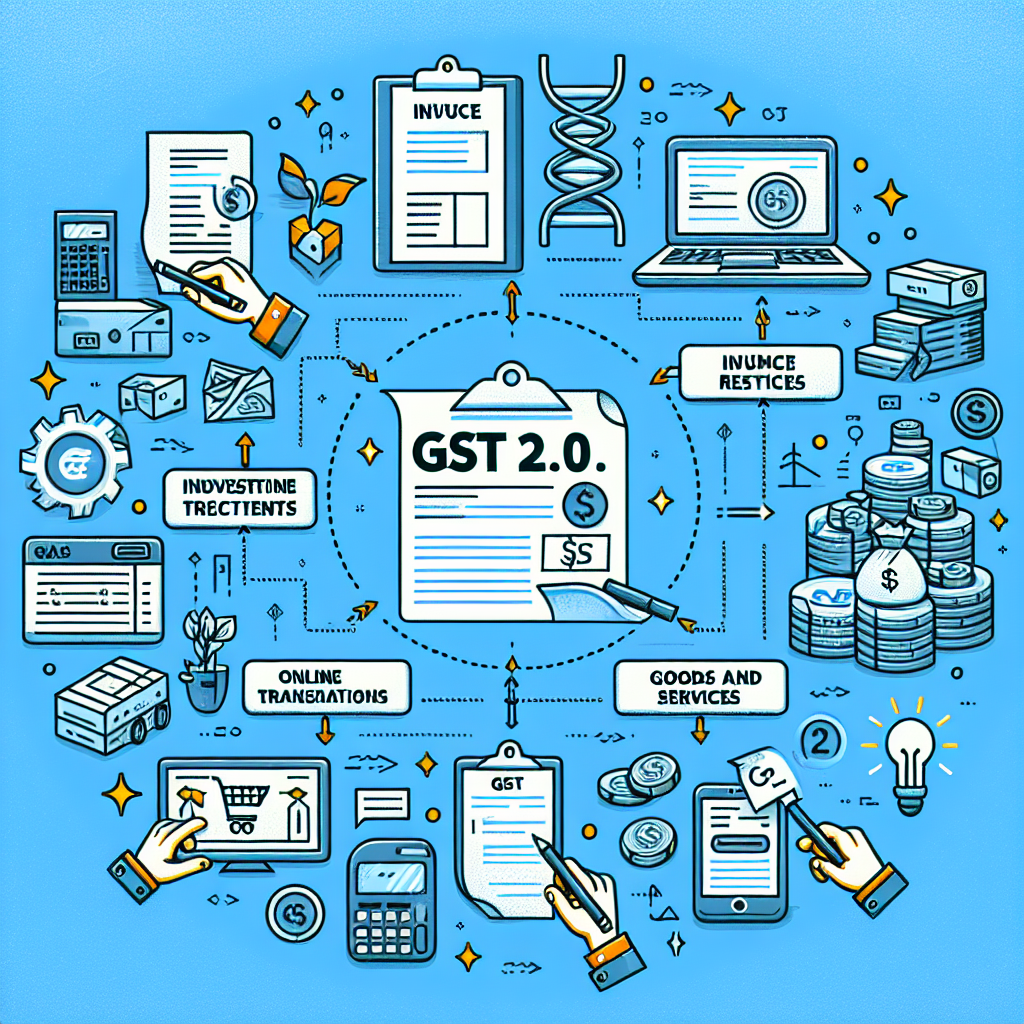GST 2.0: Energizing India’s Future with Uniform Tax Reforms
The India Energy Storage Alliance (IESA) applauds the GST 2.0 tax reforms, which aim to advance India's energy storage capabilities. A key amendment is the uniform 18% tax on advanced batteries. Pending recommendations include reduced GST on EV parts and addressing inverted duty structures, crucial for clean energy transition.

- Country:
- India
The India Energy Storage Alliance (IESA) has praised the recently announced GST 2.0 tax reforms, emphasizing their importance in shaping India's energy storage future. The revised tax structure includes a significant adjustment to the GST rate on advanced batteries, which are now uniformly taxed at 18 percent. This move aims to foster innovation and balance competition across various battery technologies.
Key recommendations from IESA, such as reducing the GST on electric vehicle parts from 18 or 28 percent to 5 percent, are still pending. The proposals have been put on hold, with the Fitment Committee considering potential issues related to an inverted duty structure before making further decisions.
Despite these advancements, a 28 percent GST rate on cathode coatings and separators for lithium-ion batteries remains unchanged. IESA continues to push for more reforms, especially those that enhance domestic manufacturing and promote the adoption of alternative clean energy technologies, pivotal for India's clean energy transition.
(With inputs from agencies.)
ALSO READ
Calls for Strategic Tax Reforms Over Pre-Election Promises
Tax reforms will enable 10 percent growth rate in future; nobody can stop India: Andhra CM
BJP's Nationwide GST Outreach: Simplifying Tax Reforms
Consensus in Tax Reform: GST Overhaul Unites States for Common Good
Greece's Bold Tax Reforms: Boosting Incomes Amid Crisis










